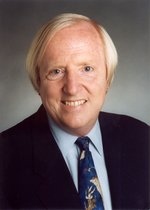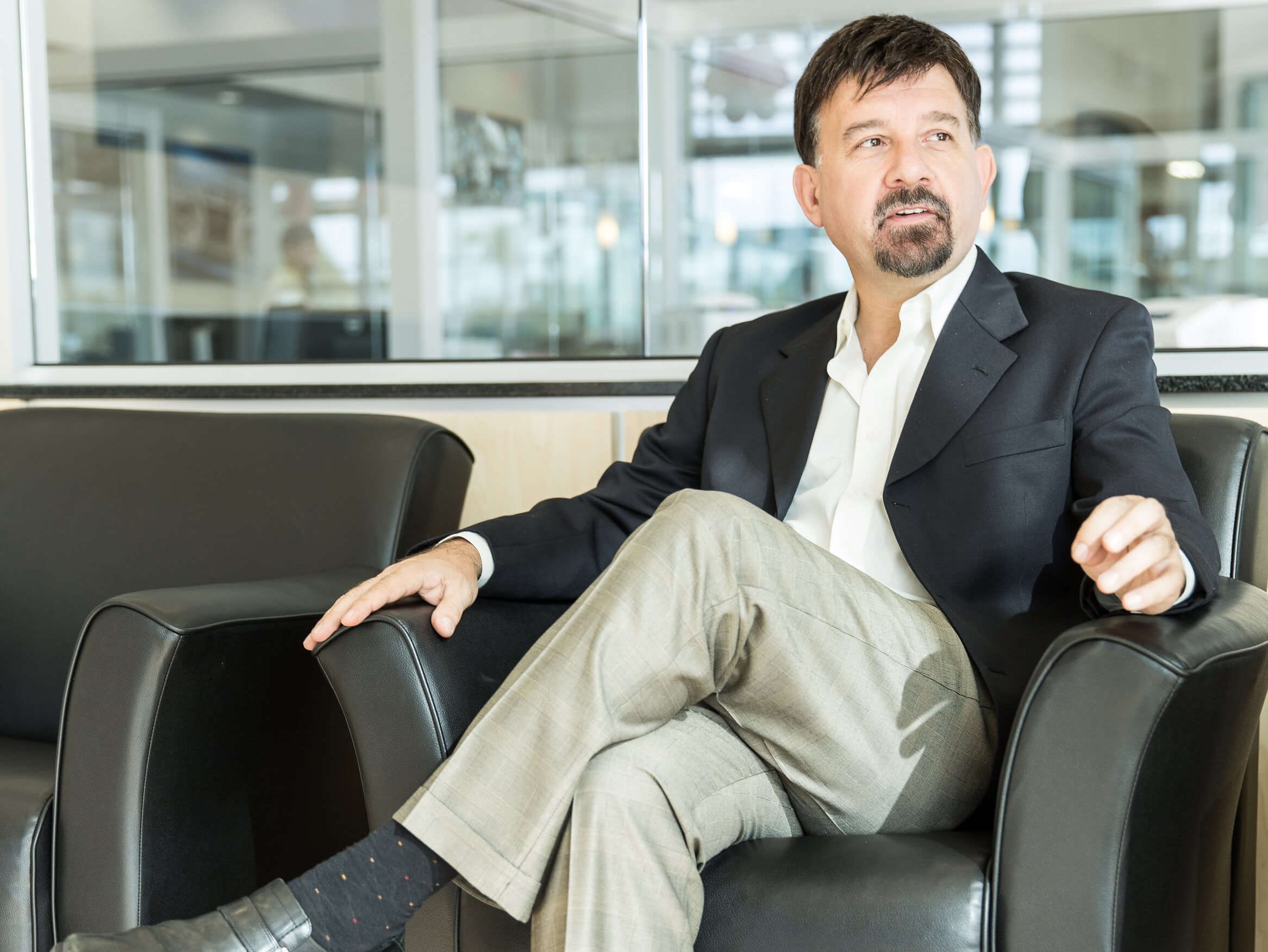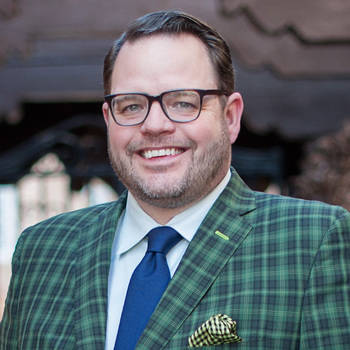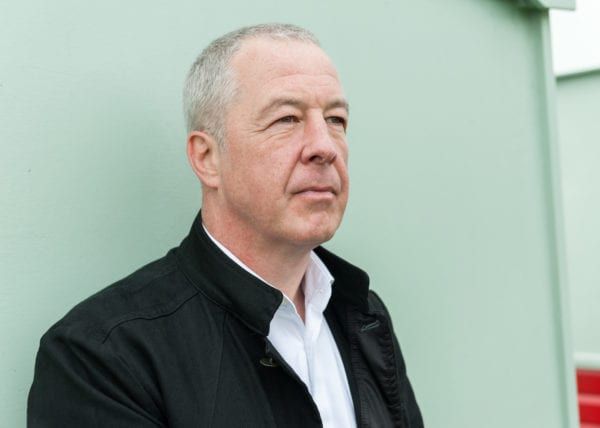Global Experts’ list for World’s Top 30 Customer Service Professionals for 2021 came out recently, and I wanted to use it as an opportunity to highlight some of my friends and colleagues who are not only on the list, but who have shared their wisdom on my podcast. (And, of course, I appreciate Global Experts for including me on the list once again!)
Throughout my 35 years as a customer experience expert and speaker, I’ve seen that it’s vital to learn from others in the community. To become a successful professional, you need to be open to having new conversations, asking questions, and always being willing to learn more about the people around you. My gift to you is sharing conversations with these incredible colleagues through my podcast to help you further your career and develop your leadership skills.
1. Chip R. Bell tells us why truth is vital to trust

My friend Chip R. Bell needs no introduction in this industry; he’s authored numerous influential books and is a trusted speaker and consultant. In our conversation, Chip discusses the importance that truth and trust have in the relationship between an organization and its customers. Chip explained it in this way:
“I want to talk about trust. There’s a lot to trust. But the most part is about truth. What you find in environments where there’s a lot of innovation and ingenuity is an element of–absolutely–a truthful environment.
I’ve always been amazed how when we stand as witnesses, and we put our hand on the Bible, and we raise our hand, we say, ‘I swear to tell the truth, the whole truth, and nothing but the truth. So help me God.’
Now, why do we go through all that rigmarole where we have to mention through trust three times the whole truth? Nothing. But the truth is because people oftentimes hold back little white lies, or because they don’t tell the whole thing. And so it’s creating an environment where you say, ‘Let’s put it all out there, no holds barred.’
We want to be diplomatic and fair. But we want also, we want total complete transparency. And when you have that environment, it’s one of safety.”
2. Joseph Michelli explores how we can harness change

I’ve interviewed my friend Joseph Michelli, author, speaker, and organizational consultant, several times and we always have fascinating conversations. When we were speaking on change and its challenges, Joseph shared some insights from his conversations with leaders in a variety of industries during the pandemic:
”Change is gonna happen whether you’re going to be in charge of it or you’re going to be waiting for it or you’re going to be resisting it. You get to cut some choices here. But the change you didn’t get to choose.
And so we saw, again, brands that were willing to know what was going on in the marketplace, they pivoted digital, which is necessary for functioning. But they also realized there was a change in people’s appetite for wanting to be with each other.
So while we were having business and commerce in ways we’ve never done before, thanks to technology, we were longing to be together. And so they were trying to find ways to put humans in places with this technology and I think leveraging change in harnessing change was a function of being human power and technology-aided.”
3. Jay Baer explains why we must rethink how we treat customers based on loyalty

Jay Baer, the founder of Convince & Convert, a digital strategy consulting firm and author of Talk Triggers: The Complete Guide to Creating Customers With Word of Mouth, joined me on my podcast to talk about his latest book. We spoke about why companies should implement change the way they approach customer loyalty:
”The best way to upset customers is to treat them equitably. I feel like a lot of companies are looking this way because they are so addicted to tiered experiences: if you are a loyal customer you’re in the rewards club or whatever, you get this awesome CX. But if you are not, it doesn’t matter; you are not terribly important to us and we don’t care about your experience. I don’t think that is a great way to run a business.
This idea is about everybody having the same experience, that every customer has a crack at that ‘talk trigger.’”
4. Adrian Swinscoe shares his views on leading effectively

Adrian Swinscoe, author of the book, Punk CX, and I spoke on my podcast about ways to push your leadership skills. In our conversation, he challenges you to roll up your sleeves and dig in:
“When was the last time that you served one of your customers? When was the last time you said hello to them on the phone or you shook their hand or helped them fulfill an order or you went to visit them?
It is a little bit like being the team captain or manager of a sports team: if you cannot get all the players to agree to a way to play together, then it’s not their fault, that is your fault because you are the one in charge, so sort it out. If someone is not willing to play ball, then bench them.”












